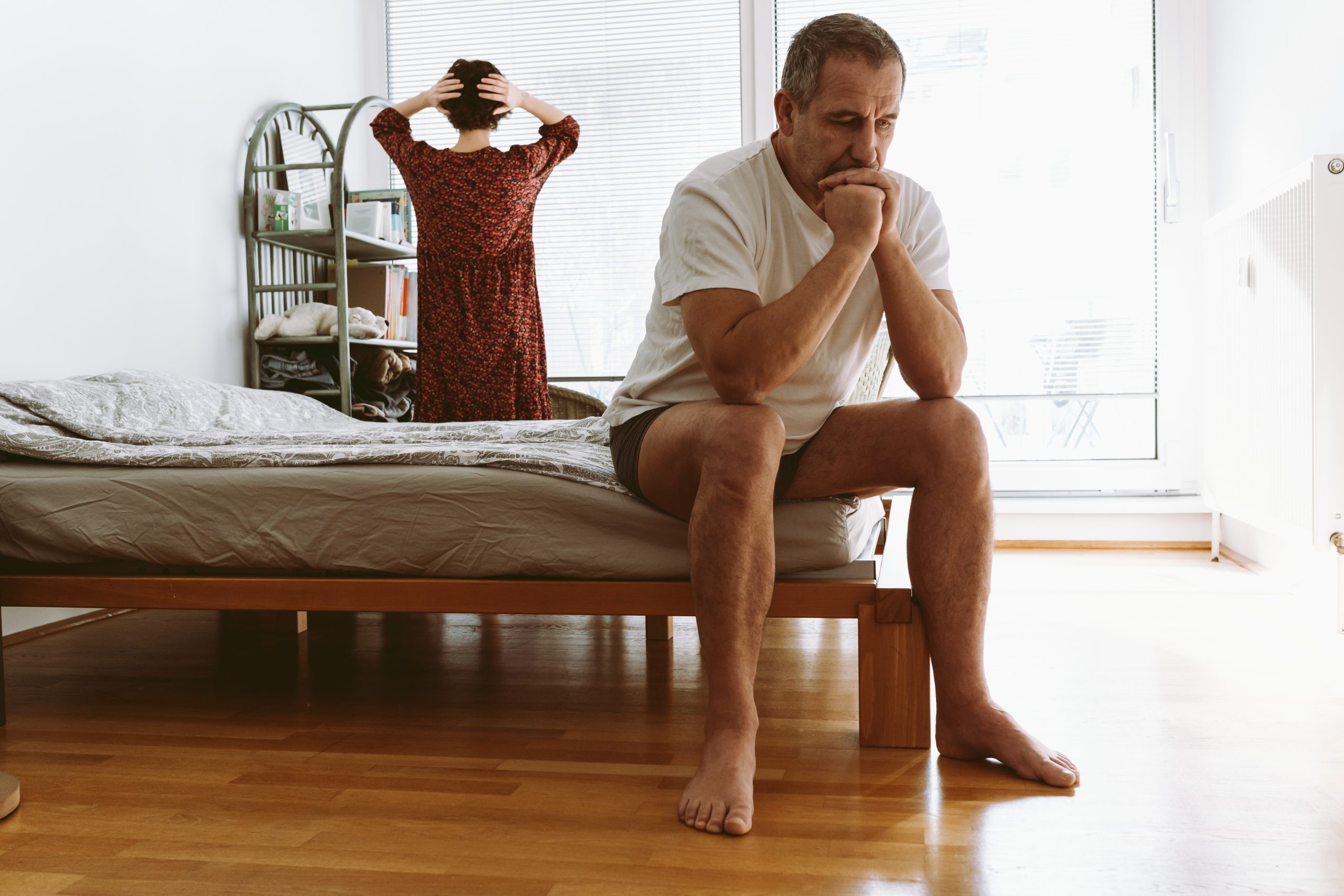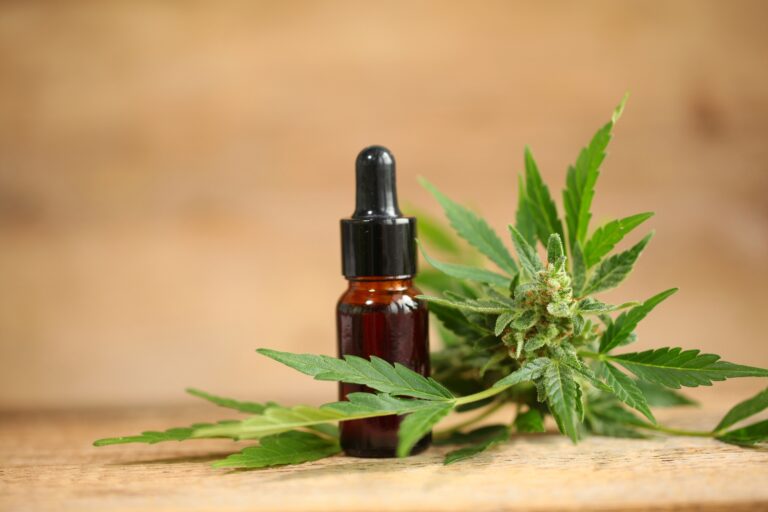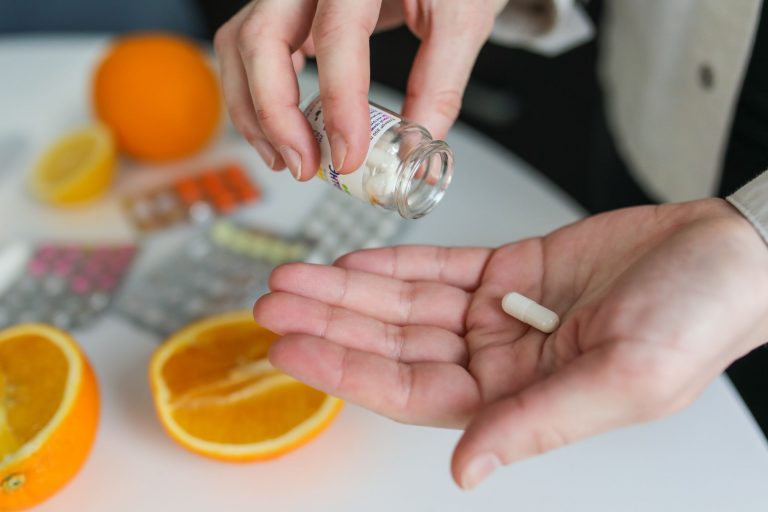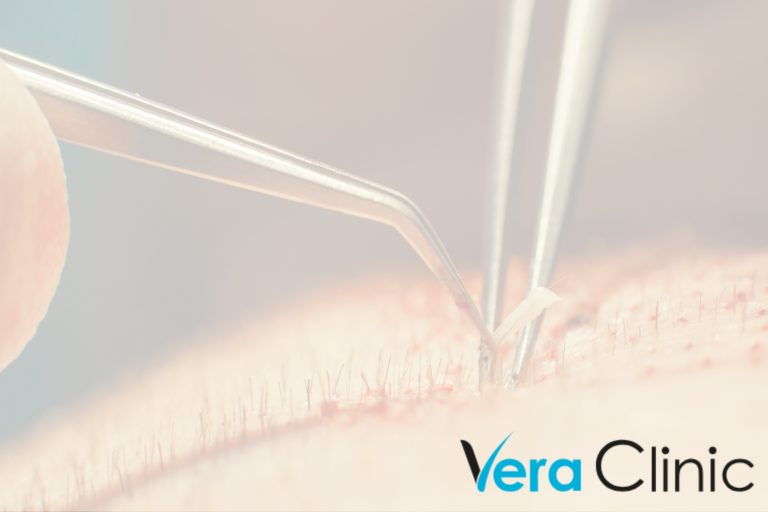
Many men suffer from erectile dysfunction, characterized by difficulty getting an erection (sometimes or always) or having trouble maintaining one for sexual activity. Fortunately, these conditions are treatable check out farmaciemea.com.
Pharmaceuticals have long been seen as an illicit street drugs, but research on non-medical use has highlighted the range of pleasures users experience when taking these medications. This paper explores how pharmaceutical pleasures manifest through distinct consumption practices and combinations of heterogeneous actants.
1. Medications
In some cases, medications can assist men in achieving and maintaining erections. These drugs increase blood flow to the penis and improve erectile function when taken as part of a comprehensive treatment program that also includes sexual stimulation.
One of the most widely prescribed ED medications is Viagra (sildenafil). This drug helps to enhance both strength and duration of an erection and should be taken 30 minutes to up to 4 hours prior to sexual activity; however, it should never be taken more than once daily.
Cialis (tadalafil) may also help improve an erection for some patients. It comes in tablet or gel form and should be taken once daily for one month to help develop and maintain an erection, making it a useful medication for those who struggle with this issue.
Other medications for erectile dysfunction (ED) include Phosphodiesterase-5 inhibitors and antidepressants. They aid in achieving an erection by increasing chemicals in the blood that cause the penis to swell and widen.
It is essential to consult your doctor about your medications, particularly if you have other health conditions like diabetes or high cholesterol. Your doctor may suggest adjusting the dose of your medicine or switching it entirely.
If your ED is caused by mental issues like anxiety or depression, counseling may be recommended by your doctor. Counseling can teach you ways to reduce stress and manage these emotions better so that the ED becomes under control.
Your doctor may suggest quitting smoking and decreasing or discontinuing alcohol consumption. These lifestyle modifications can reduce the likelihood of developing erectile dysfunction (ED) and other sexual problems.
Other treatments for ED involve administering medication or using a vacuum pump to encourage blood flow into the penis and create an erection. Studies have demonstrated that at least two-thirds of those with ED find success with these methods.
2. Surgery
Erectile dysfunction (ED) is a widespread sexual issue that impacts approximately 30 million men worldwide, especially older adults who may have other health conditions like heart disease or diabetes.
The primary objective of ED treatment is to identify and address the underlying cause and provide you with an erection that lasts long enough for satisfying sexual activity. Achieving an erection requires coordination among nerves, blood vessels, muscles and the brain – making it a complex process.
At Fifth Avenue Urology, your urologist can detect the underlying causes of Erectile Dysfunction and recommend the most suitable treatment option. Your urologist may prescribe medication such as prostaglandin E1 or phentolamine; vacuum device therapies or injection therapy; or surgical procedures like vascular reconstructive surgery.
Injection therapy is an increasingly popular and successful treatment that uses medications to dilate the blood vessels causing your erection problems. Common medications used include prostaglandin E1 (alprostadil), papaverine (Papacon(r)) and phentolamine (Regitine(r)).
Vacuum devices, which draw air into your penis to stimulate an erection, are a popular treatment choice for many men. These can be placed over your penis and activated using either manual or battery-operated pumps that draw air into it.
If these methods don’t work, our specialists may suggest a penile implant. These devices consist of inflatable or malleable rods surgically implanted into both sides of your penis. While they’re only effective for a minority of patients who haven’t found success with other erection-related treatments, this option remains available.
Finally, if the underlying issue is psychological in nature (anxiety or depression), counseling may be beneficial. Your general practitioner (GP) can refer you to a psychologist who specializes in treating sexual issues. This type of counseling helps you comprehend the issue, learn strategies for handling it and enhance relationships.
3. Physical Activity
Are you searching for a medical solution to restore sexual pleasure and intimacy, consider physical activity as treatment. Not only will it improve your erections, but it can reduce stress and anxiety as well as make you more at ease with your sexual partner.
The World Health Organization (WHO) defines physical activity as any bodily movement requiring energy expenditure, including exercise, sports, active recreation, work activities and household chores. Physical activity is recommended for people of all ages and has been proven to prevent and manage noncommunicable diseases like heart disease, stroke and certain cancers.
However, the traditional definition of physical activity neglects to take into account cognition and emotions – which have significant influences on health-related behaviors and outcomes. This article suggests it is necessary to view physical activity holistically, taking into account all elements that make it such a complex, emotionally charged experience.
A more inclusive definition of physical activity could provide a deeper comprehension of the social, political, and economic contexts surrounding its promotion and maintenance in society. It could also open up new ways of considering where and what physical activity means for different sectors of society as well as individuals across various disciplines.
By clarifying the benefits that physical activity can offer, policy makers can frame their interventions around rights and values rather than health risk factors or disease prevention. Furthermore, this could prompt novel research questions and settings for study within the field of physical activity.
Furthermore, a more inclusive and holistic definition of physical activity might promote critical reflection on the dominant discourses surrounding health and fitness that are often connected with exercise. For instance, by emphasizing social and emotional aspects not typically examined in scientific studies, researchers could potentially stimulate thought about how physical activities may be seen as forms of empowerment or oppression.
4. Lifestyle Changes
Erectile dysfunction is a widespread issue that impacts men of all ages. It also poses a risk factor for other health issues, such as cardiovascular disease and even death.
Fortunately, treatments for erectile dysfunction (ED) exist and can be highly effective. Depending on your symptoms, you may require taking one or more medications in order to find relief.
These drugs improve blood flow by increasing nitric oxide, a chemical which relaxes penis muscles. They work best for men who suffer from psychogenic impotence (see ‘Psychologic causes’ above), but may also be beneficial to those suffering from other forms of erectile dysfunction.
Researchers recently discovered that cabergoline, a drug commonly prescribed to men with anorgasm-sapping forms of ED, restored normal orgasms in half the participants in a study. Though further testing will be necessary to confirm if this treatment is successful for all men suffering from such disorders, these results suggest there may be hope for some men.
A Strong Pelvic Floor — Not only does a strong pelvic floor promote rigidity, it also prevents premature ejaculation by keeping blood from leaving the penis. Kegel exercises have been linked to improved ED outcomes when combined with biofeedback and lifestyle modifications like quitting smoking and losing weight.
The authors take a pleasure-oriented approach to understanding pharmaceuticals’ capacity for inducing pleasure, suggesting that such properties are not inherent within their drug formulations but instead arise through interactions among heterogeneous actors. Pleasure is an expansive subjectivity derived from diverse practices like inhaling paint or purchasing heroin – yet its significance remains relatively unexplored within discourses about drug use.
5. Counseling
Erectile dysfunction (ED), also known as impotence, is a widespread sexual issue affecting approximately 30 million men in America. ED can be caused by various causes like natural aging processes or certain health conditions like hardened arteries and heart disease.
Treatment for ED is vital, as if left unchecked it can progress and lead to more serious health complications. Your doctor will assess your general wellbeing and identify the underlying cause before prescribing medications or other treatments for you.
PDE-5 Inhibitors – These medications help to increase the chemicals in the penis that allow it to become and remain erect. They’re often effective for men with psychogenic ED, though they may work in other types as well. Furthermore, PDE-5 inhibitors have been known to treat metastatic prostate cancer which makes achieving an erection harder.
Injection therapy – This treatment involves administering small injections to the penis. While it can be uncomfortable, injection therapy has proven successful for some patients. Unfortunately, injection therapy may lead to blood clots and other complications in some cases. While injection therapy may help those suffering from certain types of cancer, it may not always be beneficial those who have undergone prostatectomy surgery.
Counseling – Counseling can be an invaluable resource to individuals struggling with emotional or psychological issues that could be impairing their sexual function. Such issues could include anxiety, fear or guilt.
Counseling can help identify psychological factors and work with you or your partner on strategies for dealing with them. In certain instances, it may be necessary to refer either of you to a psychologist who specializes in sexual dysfunction for further assistance.







